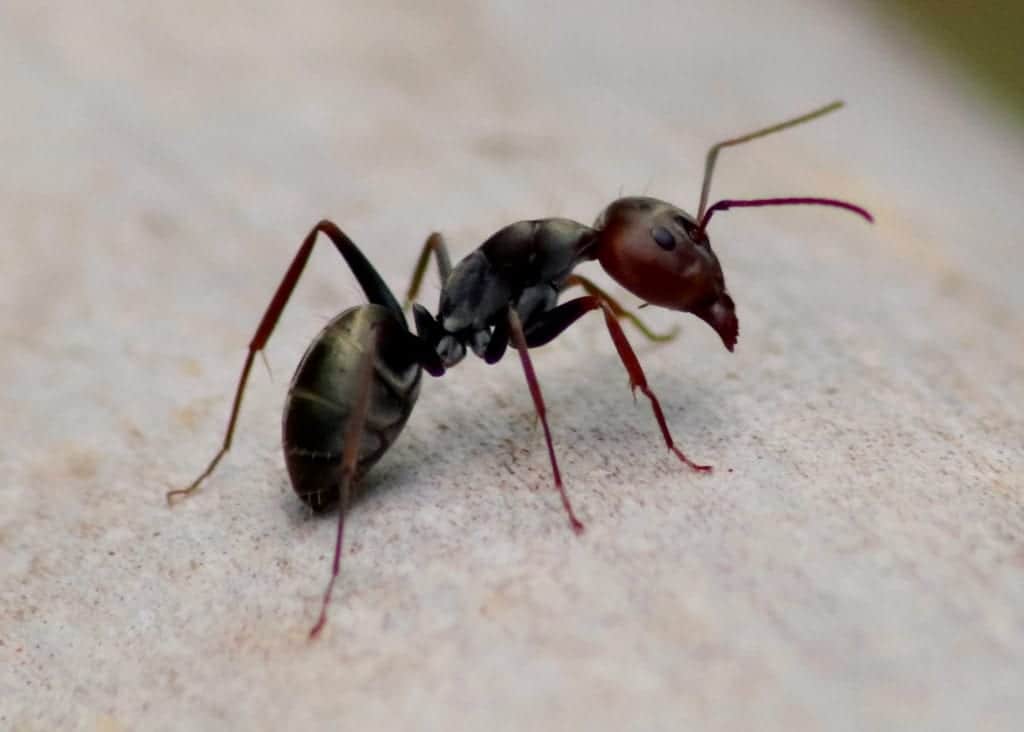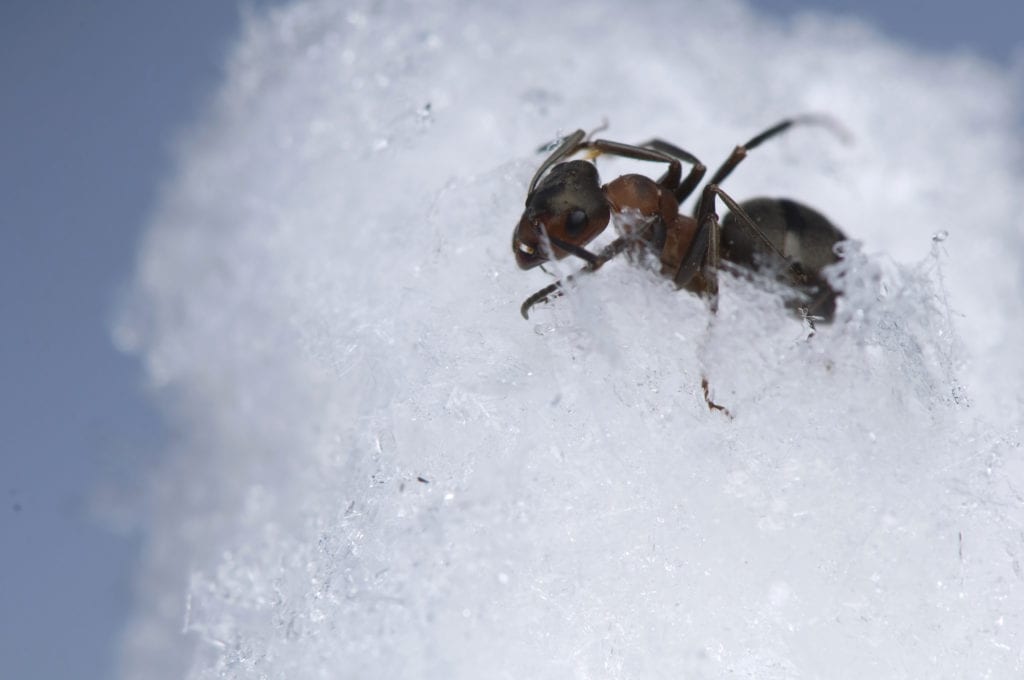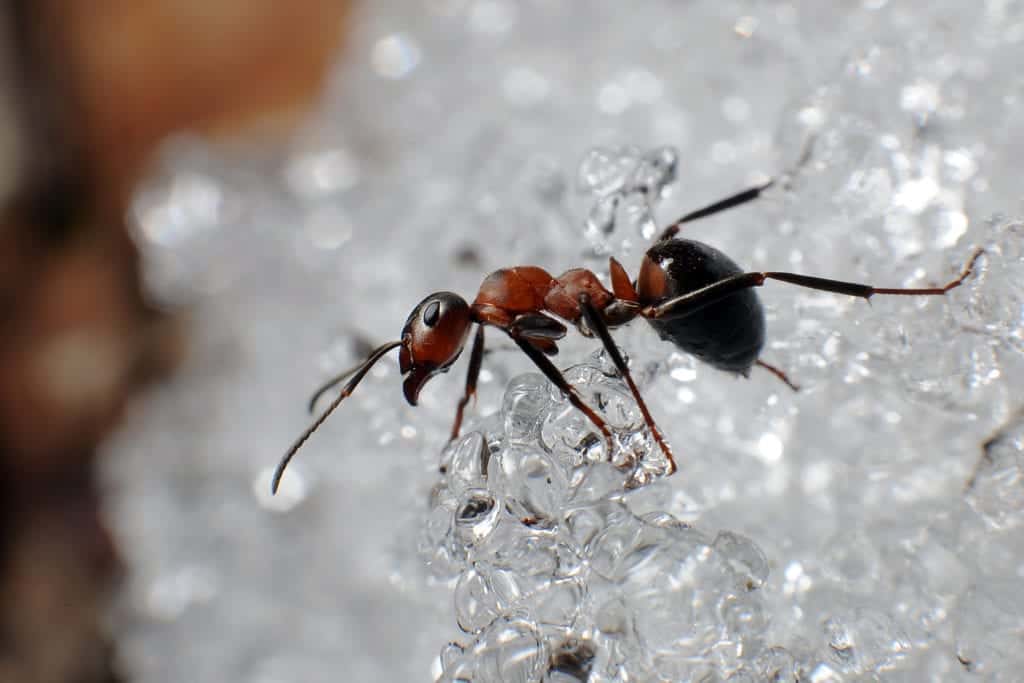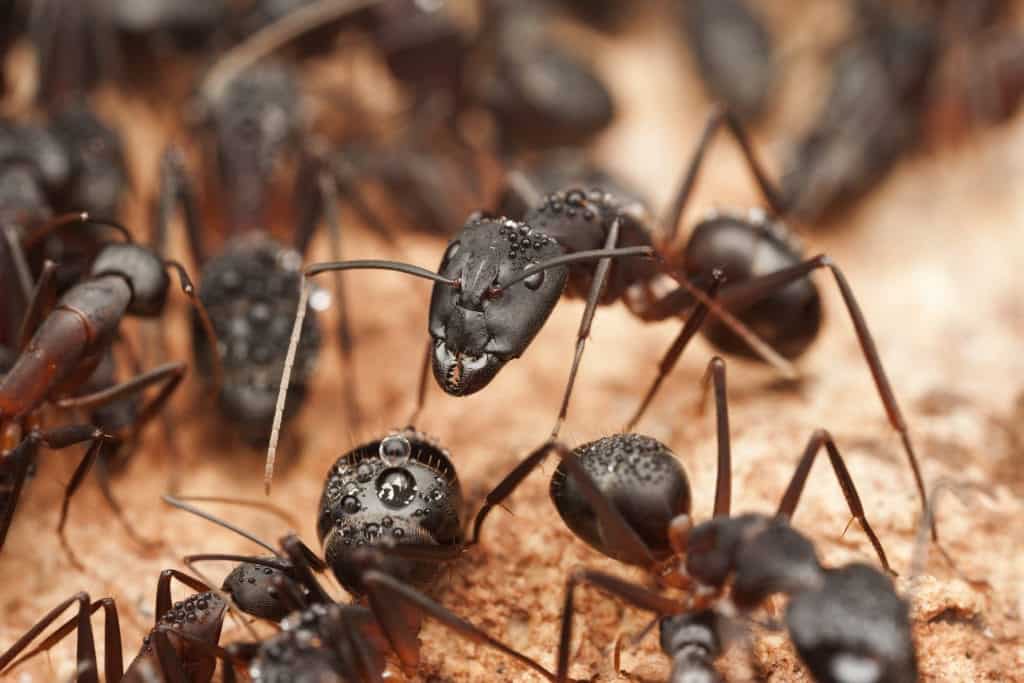What Happens to Ants in the Winter?
What Happens to Ants in the Winter?
A Common Problem
Ants are one of the most common pest problems across all of the United States. They are small and persistent, entering homes and businesses in the hundreds, making nests in your walls, and stealing your food. While they primarily plague homes in the spring and summer, they don’t necessarily disappear during the winter. So… where do they go? 
Frigid Foragers
While it seems like all ants completely disappear, this is not always the case. In fact, depending on the ant species, some will continue to forage outside during the colder months. It is even common for some ants to forage for food on days when the temperature is just above 50 degrees. So, when you see a food source such as moss in your yard, it could potentially be attracting more ants towards your home, which is not only another source of food, but a place of refuge from the cold. 
Hiding Out
While many insects engage in a form of hibernation during the winter months, ants actually do not. In order to both stay warm and stay safe from the risk of being hunted by wintertime opportunists, ants seek shelter. They extend their nest by burrowing deep within the Earth, which maintains a somewhat steady temperature for survival, provides a shield against the harsh elements, and adds a layer of protection as it is difficult for scavengers to dig through frozen solid earth. Here, they have stockpiled food to hold them over while it’s too cold to forage for more and can interact with one another for comfort and warmth. 
Enemies Inside the Gates
As we alluded to above, the warmth and shelter that our homes can provide, as well as any crumbs or food they can find, make homes a prime target for pests during the colder times of the year. So, while these insects typically burrow for shelter, in some more rare cases (or commonly with regards to carpenter ants) they will join you in your own home to wait out the weather. Ants are extremely persistent scavengers, making them extremely adept at sniffing out food sources even when food is scarce and finding shelter even in difficult times. In such cases, if none of the other above conducive conditions are present its very likely that there are cracks or crevices that are allowing them easy access into your home. Checking all of your walls (especially where the wall meets the floor), all windows, windowsills, window screens doors, and door sweeps can help prevent them from finding their way into your home to wait out the winter. 
Avoiding Ants
Ants can cause a surprising amount of damage. They can raid your cupboards – getting into all of your food, invade your personal space, and, in the case of carpenter ants, even destroy the stability and integrity of your home with their excessive chewing and building. Once they infest your home it can be very difficult to get rid of them. Even in the wintertime, we will work with you to find any current ant problems as well as help you to prevent a potential ant invasion. 
Request a Free Quote Today
(We do not share your data with anybody, and only use it for its intended purpose)


